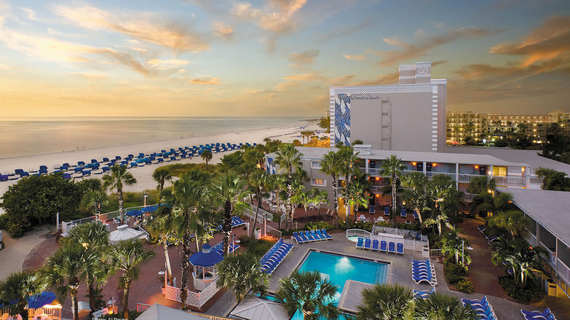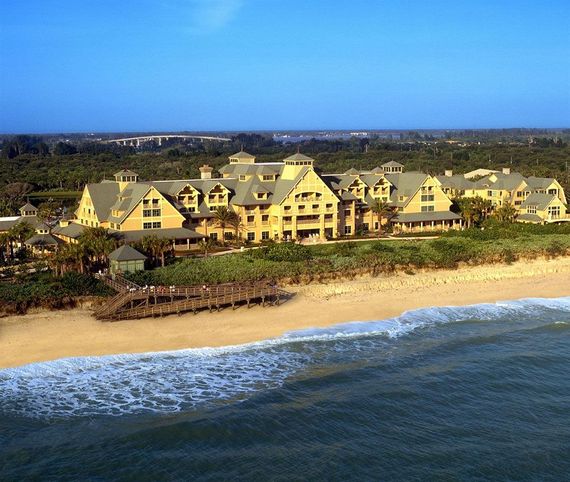There are many laws and principles governing the environment but collectively they do not provide any guarantee that a tourism business will be sustainable.
While there are some national and international laws that impact tourism, such as the climate change convention, biodiversity convention, endangered species act, clean water act, clean air act, and protected areas legislation, they are only a small part of the overall sustainability issues that tourism faces. International laws are often hard to enforce, and national laws don't usually address the day to day operations of a tourism business that makes it sustainable.
One way to address this issue is through voluntary initiatives such as sustainable certification programs. In this way a tourism business can set itself apart from other tourism businesses who do not feel a need to act in an environmentally friendly or ethical way.
Not all certification programs however are equal. In fact, some are little more than "green washing" and fail to even provide third party certification.
For certification to be meaningful it has to be verified by a third party.
Dr. John Izzo recently made the case for third party certification where he states that 80 percent of consumers want to buy goods or services from someone who is "either socially responsible or sustainable". Dr. Izzo goes on to say, that only 16 percent of consumers believe advertising that a business makes about its claims to be socially responsible or sustainable. His suggested solution is third party certification where someone else is saying the business is socially responsible or sustainable.
View Dr. John Izzo's comments below:
The gold standard for certification in the tourism industry are the certification programs recognized by the Global Sustainable Tourism Council (GSTC) that meet the GSTC Criteria.
This GSTC criteria has been carefully developed drawing on the best criteria that has global applicability from over 10,000 criteria that were examined. It includes sections on sustainable management, socioeconomic impacts, cultural impacts, and environmental impacts.
The GSTC criteria was built on decades of prior work and experience around the world, and they take into account the numerous guidelines and standards for sustainable tourism from every continent. During the process of development, tourism businesses were widely consulted throughout the globe, in both developed and developing countries, in several languages. The result is a global consensus on sustainable tourism.
In Florida we have been working with the Florida Green Lodging program to assist in their third party certification, to explore new criteria that would address the unique needs for coastal habitat and marine environments, that are the Florida environment, and to encourage them to upgrade their program to meet the GSTC criteria.
The Florida Green Lodging program includes about 700 hotels in the state that make up 25 percent of all accommodations and 45 percent of all beds. The program has made major contributions by reducing waste, improving water conservation, energy efficiency, indoor air quality, and communication and education of sustainability issues.
Some Green Lodging programs, like the Tradewinds Resorts ,and Disney's Vero Beach Resort, go much further than the required Green Lodging criteria. For example:
The Tradewinds Grand Island Resort and Guy Harvey Outpost are actively supportive of Tampa Bay Watch with their employees given time off to help build oyster domes, plant sea grass, protect sea turtles, and other environmental projects. The Guy Harvey Outpost has a program to support sustainable fishing. When you order fish, it comes with a tag that can be scanned with a mobile phone revealing where the fish was caught, when it was caught, how it was caught, and who caught it.
TradeWinds Island Resorts, St. Pete Beach
The Disney Vero Beach Resort has become a leader in sea turtle conservation where they were one of the first to install turtle safe lighting. Their conservation team monitors the beach marking turtle nests, participates in research efforts with the U.S. Fish and Wildlife Serivce, provides an extensive education program for guests to assist in protecting turtles, and they host the Tour de Turtles event each July. Disney has also contributed $1.26 million in recent years to sea turtle conservation. Disney Vero Beach Resort specifically puts a high emphasis on nature and conservation.
Disney's Vero Beach Resort, Vero Beach, FL
To learn more, view the video with my interview with JoAnn Shearer of the Florida Green Lodging program.
Tourism certification programs that meet the GSTC criteria are now available for tour operators, accommodations, and destinations.
There is still need for many other areas of tourism certification that meet GSTC standards, such as cruise ships, restaurants, zoos and aquariums, and other attractions.
Tourism business can further sustainable practices by becoming certified through a program that meets the GSTC criteria.
Consumers can play an important role in choosing those businesses that meet the GSTC criteria, or in the alternative if GSTC business are not available, choosing those businesses that have other third party certification.
Dr. David W. Randle - Director USF Patel College of Global Sustainability Sustainable Tourism, Managing Director International Ocean Institute Waves of Change Blue Community Initiative, and President & CEO WHALE Center
Earth Dr Reese Halter is a broadcaster, biologist, educator and author of The Incomparable Honeybee and the Economics of Pollination.

